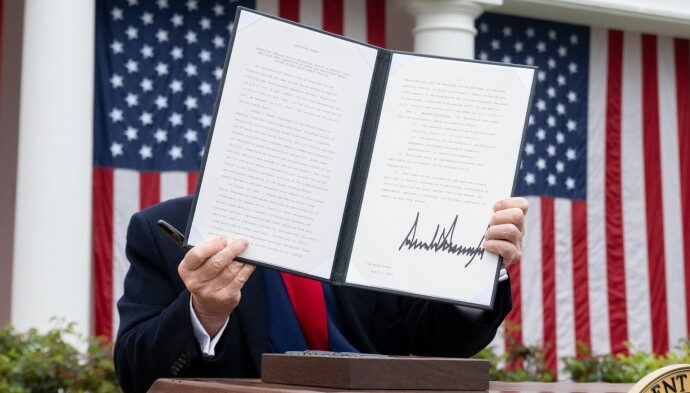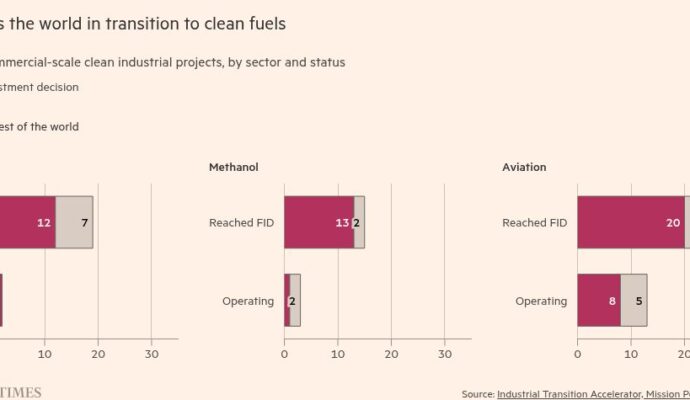
TO A GREAT number of Chinese, their country has never been as impressive as it is today. They see it as self-evident that China—their increasingly strong, modern motherland—is a worthy host of uplifting global events such as the Winter Olympics, which are set to open in Beijing on February 4th.
At the very same moment, an opposite consensus is forming in the West. In many free societies, China’s rulers are increasingly seen as capable but cruel. They are credited with prodigious feats, whether that means girdling the nation with high-speed railways or sending rockets to the Moon. But they are seen as unbearably repressive, too, notably towards ethnic and religious minorities in such regions as Xinjiang. To Western sceptics, it is grotesque to allow the pageantry of the Olympics to be co-opted by such a regime.
That view has supporters in high places. In announcing that America will not send its customary delegation of grandees to cheer on Team USA at the winter games, the White House press secretary, Jen Psaki, restated the Biden administration’s position that China’s iron-fisted rule over Xinjiang—where as many as a million Muslims have passed through re-education camps—amounts to genocide. As a result, she declared, America should not help China pull off a triumphant Olympics. To use her words: “We will not be contributing to the fanfare of the games.” A day later, Australia announced its own diplomatic boycott of the games, citing both China’s record on human rights and its use of economic coercion to punish Australia for such offences as seeking an independent inquiry into the origins of the covid-19 pandemic. Others, from Britain to Canada and New Zealand, are declining to send government ministers or high-ranking officials.
China has responded with scorn, anger and censorship. The Olympics are a party “by invitation only” to which American politicians had not been asked, the foreign ministry’s spokeswoman, Hua Chunying tweeted, though in reality each national Olympic committee issues its own invitations. Ms Hua’s pugnacious deputy, Zhao Lijian, went further, warning of unspecified “firm countermeasures”. “Speaking of genocide,” Mr Zhao growled from a foreign ministry podium, “the US fits this label better than anyone else for the evil crimes they committed against Native Americans.” Online, censors blocked most discussion of the boycotts.
Some commentators call these exchanges an empty war of words. They note that Western countries are still sending their athletes to the games, and they detect no new Chinese sanctions on America. Their insouciance is a mistake, twice over. First, these seemingly arcane official boycotts are a glimpse of a real-world diplomatic crisis. America’s government uses the gravest of terms, including crimes against humanity, to describe China’s behaviour in Xinjiang, where the party and its security agents have demolished mosques, jailed Muslims for such crimes as owning a Koran or praying in public, sent the children of detainees for patriotic education in orphanages and subjected millions more to high-technology surveillance. Such language generates its own logic. Ms Psaki is surely right when she says that America’s ties with China can no longer be “business as usual”.
That stance is morally coherent. Even if China’s own policy papers and work reports, public procurement documents and official speeches are the only evidence taken into account, its government is indisputably committing horrors in Xinjiang. But saying so makes it hard to have anything approaching normal relations, for all that the Biden administration insists that it has no beef with the Chinese public at large. At a time when many ordinary Chinese have rarely been so proud of their country, Western governments are telling them that they live in a form of pariah state.
Second, China’s management of the games is itself likely to provoke mutual incomprehension between the publics of China and the West. The reason is covid. China has spent almost two years trying to eradicate the virus with ferocious testing and tracing regimes, by locking down whole towns when a handful of cases emerge, and by tightly controlling international borders.
Soon, many thousands will arrive from a world that is living with covid—though not foreign spectators, who are barred. China plans to manage this threat by sealing games venues inside secure bubbles. But it is inevitable that some participants will test positive or have fevers on arrival. Under China’s rules, they will be hauled off to quarantine hospitals, and team-mates in close contact will be isolated in hotel rooms. In Beijing foreign embassies are anxiously sharing tales from a Luge World Cup staged as a test event last month. The sporting facilities were stunningly advanced but pandemic controls were a shock, from the moment a charter flight with over 200 athletes and sports officials landed in Beijing. Because two athletes were flagged as suspect on arrival, their plane-mates were held on airport buses for hours, forcing some to pee in bottles. On November 16th, diplomats relate, a German athlete was grabbed from the luge track by staff in hazmat suits after what turned out to be a false positive test, and isolated for two days before being declared safe. A Polish competitor injured by a faulty barrier on the luge track reportedly had to wait for a negative covid test before doctors would touch his shattered leg.
Some gulfs are too wide to bridge
China’s controlling ways will extend to the press. A Western diplomat predicts “journalists will be kept like monkeys in a cage”, denied free access to athletes. Yet if foreigners complain about a sinister “autocratic Olympics” many Chinese will be livid. They will see proof that Westerners are too irresponsible to control covid: witness the grumbling about being kept safe in Beijing. Outsiders will sound all the more ungrateful because 100,000 Chinese volunteers and staff working in the Olympic bubbles face 21 days of quarantine, away from home, at the end. Two worldviews are about to collide. The effects may be felt long after the final race. ■
Read more from Chaguan, our columnist on China:
China says it is more democratic than America (Dec 4th 2021)
What Peng Shuai reveals about one-party rule (Nov 27th 2021)
Talks between Xi Jinping and Joe Biden do not herald a thaw (Nov 20th 2021)
This article appeared in the China section of the print edition under the headline “Spoil-sports”
The Economist


